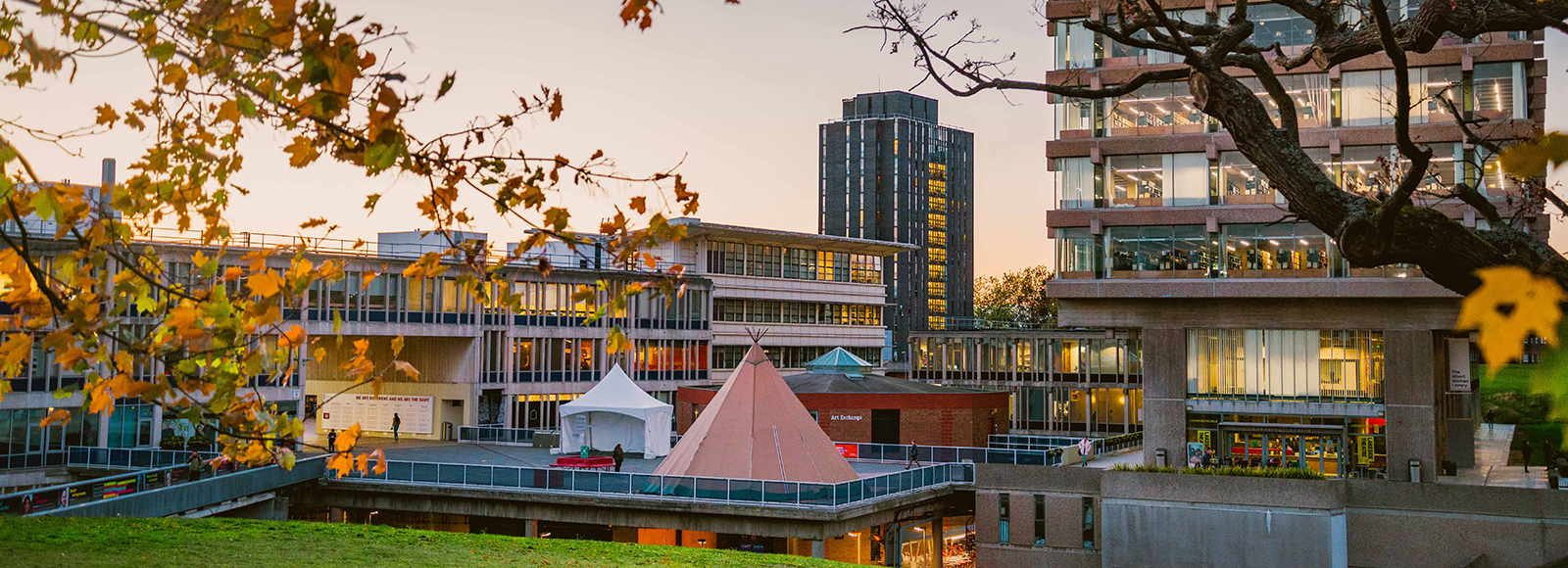- ...
Postgraduate Studentships - Search for funding opportunities.
Postgraduate Studentships - Search for funding opportunities.
Situations of armed conflict and acute crisis affects the lives of millions of people globally. How does international law regulate the conduct of hostilities, and the protection of victims of conflict and acute crisis? What are the implications of developments like the so-called ‘war on terror’ and ‘migration crisis’ on the effectiveness of international law? Are the existing legal frameworks fit-for-purpose in responding to the challenges posed by new technologies such as automated weapons and cyber warfare?
In recent years, armed conflicts in Syria, the Democratic Republic of Congo and Yemen, amongst others, have reminded us that the need to ensure respect for international law is as acute as ever.
Our LLM International Humanitarian Law has been designed to address situations such as these and provide you with the knowledge and skills to pursue or advance your career in fields related to legal regimes applicable to armed conflict and acute crisis situations. Emphasis is placed on understanding the practical application of the law. It is intended to ensure a balance between theory and practice, so that you are equipped to deal with real world situations.
You examine the legal regimes applicable to situations of armed conflict, and you develop a comprehensive understanding of:
You also explore and debate some of the biggest contemporary challenges confronting the humanitarian sector today. This includes cutting-edge issues such as the legal challenges posed by new technologies and cyber warfare, as well as more traditional issues such as the protection of displaced persons during emergency situations.
There are a range of fellowships and bursaries available for LLM study.
At Essex, we specialise in business law, public law, criminal justice, health law, law and technology, socio-legal studies and human rights law. We are ranked 51st in the THE World University Rankings 2021 and we are top 20 in the UK for research excellence (REF 2014, mainstream universities, THE 2014).
We will consider all applicants with 2:2 or above, or equivalent international qualifications. For some courses, there may be additional requirements which can be found on our website.
For fees and funding options including scholarships available please visit website to find out more
Our School of Law graduates have gone on to a wide variety of careers in international and intergovernmental organisations or employment with governments across the world, in commerce and banking, in non-governmental organisations and, as might be expected, in the legal profession and the judiciary.
We are first university in the UK to sign a memorandum of understanding with the United Nations High Commission for Refugees (UNHCR). This creates internship and research opportunities for our postgraduate students and is based on our long-established expertise in international humanitarian law.
During the year, we hold a careers session for our students in which we reflect upon our own careers and how they have been built as well as those from former students. We are always available to discuss career options and if you are interested in a particular area of human rights, we can link you up with the relevant alumni to offer advice.

Founded by Sir Albert Sloman during the peak of the counterculture, the University of Essex was built to be “a new kind of university…where research r...
Sign up to Postgraduate Studentships
Sign up to compare masters
Thanks for making your selection. Click below to view your comparisons.